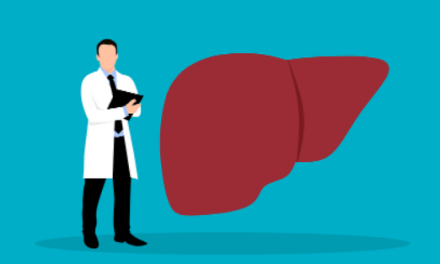Given that about half of (American) adults use some kind of dietary supplement, and about a third take multivitamins with the idea of improving overall health, an important question to ask is whether these supplements are actually doing any good – or whether they could be doing any harm.
As such, the US Preventive Services Task Force (USPSTF) recently released a recommendation statement in the Annals of Internal Medicine on this issue, with the specific goal of answering whether vitamins prevent heart disease or cancer.
Upon review of available data, their conclusions are as follows:
1. Unfortunately, there is not enough evidence (clinical study) to assess benefits or harms of supplements of single vitamins, multivitamins, or minerals to prevent heart disease or cancer, except for beta-carotene and vitamin E.
2. Beta-carotene supplements are associated with an increased risk of cancer in smokers, and does not decrease the risk of heart disease.
3. Vitamin E has no effect on heart disease, cancer, or death rates.
It’s important to remember that there are still vitamins that are recommended for certain populations (eg preconception or pregnant women, patients who have had bariatric
surgery). It’s also important to note that there is evidence for some vitamins for other reasons (eg vitamin D and calcium for bone health).
However, it is a sorry state of affairs in terms of what is still not known about vitamins and whether there are any benefits to heart disease/cancer risk – or harms – to the wide array of vitamins that are available on store shelves.
There is a great summary for patients and general public from the USPSTF here, if you want to read more.
Follow me on twitter: @drsuepedersen












